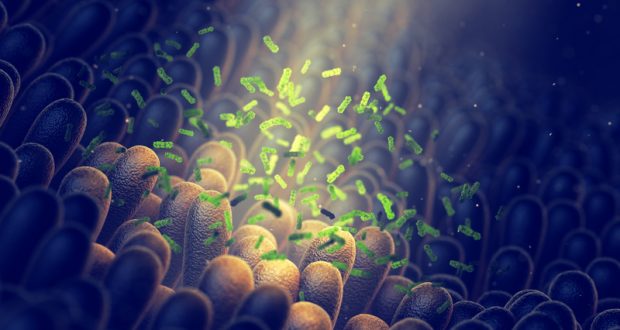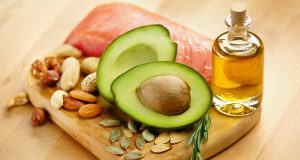The home of an estimated 100 trillion organisms, the gut is the “second brain” of the body. Simply put, a healthy digestive system is essential. As a result, it’s important to balance our gut bacteria in order for our bodies to function best. When it comes to the gut, the battle is always on between good and bad bacteria.
Diet is a huge factor in the balance of bacteria in the gut. Consuming a diet low in quality nutrition or maintaining an unhealthy lifestyle put the body at risk of developing too much bad bacteria. These bacteria could lead to digestive upset, stomach problems, even the development of certain diseases.
Never fear, there are healthy bacteria to combat the harmful! Probiotics are a huge player in the healthy gut game. These good bacteria are to thank for the gut functioning as it should. They are responsible for the effective transformation of food into fuel for the body. In addition, they also help to protect immune health.
There’s been a lot of talk about probiotics in recent years, and for good reason. Along with increasing the number of good bacteria in the gut, probiotics help to destroy bad bacteria and viruses that could cause disease. Moreover, probiotics are vitamin-producers. Plus, they are great at facilitating more effective digestion of the foods we eat.
While probiotics can be consumed in the form of supplements, they are also found in many fermented foods. For instance, sauerkraut and kimchi. Likewise, yogurt and kefir. All fermented foods, all rich in probiotics.
Probiotics are awesome indeed. Now, have you heard of prebiotics?
The two are similar in name and helpful purpose, but they are different in function. Prebiotics help to eliminate bad bacteria, while feeding the good bacteria (probiotics) already present in the gut.
The prebiotics we consume pass through the stomach and small intestine to reach the large intestine where they begin to ferment. Now, while bacteria fermenting in your gut may sound gross, this is actually where prebiotics begin their helpful work. The fermented prebiotics serve as food for the probiotics in the gut. Therefore, those good bacteria start to flourish.
The gut becomes balanced and nutrients are absorbed more efficiently. In addition, the immune system is boosted and fat is more easily metabolized. Hooray for prebiotics! Like probiotics, prebiotics can be found in a variety of foods. Asparagus, radishes, apples, tomatoes, and onions are all sources of prebiotics.
What if you could help your gut by eating granola cereal? How about donuts, brownies and cheesy bread? That’s right! All Diabetic Kitchen products contain prebiotics, essential for the growth of healthy probiotic gut bacteria. All of these delicious foods can help you achieve better gut health (and lower blood sugar.)
Above all, a healthy gut is of particular importance to diabetics. Believe it or not, a healthier gut leads to lower blood sugar. It’s true!
The multiplication of good bacteria in the digestive system causes the gut environment to become more acidic. As a result, the body naturally releases more insulin. This process is one way in which researchers have connected a healthy gut to lower blood sugar!
Plain and simple, a balanced gut is crucial to a healthy body. Probiotics and prebiotics are key. Research proves that the foods we eat directly affect our gut, thereby having a powerful impact on the entire body. You know what they say… you are what you eat!
Stephanie Johnson has a master’s degree from the University of Central Florida and is a Certified Nutrition & Wellness Consultant.
Sources:
https://www.bulletproof.com/gut-healthprebiotics
https://www.healthline.com/nutrition/probiotics-101#what-they-are
https://my.clevelandclinic.org/health/drugs/14598-probiotics
 Diabetic Kitchen
Diabetic Kitchen





Recent Comments